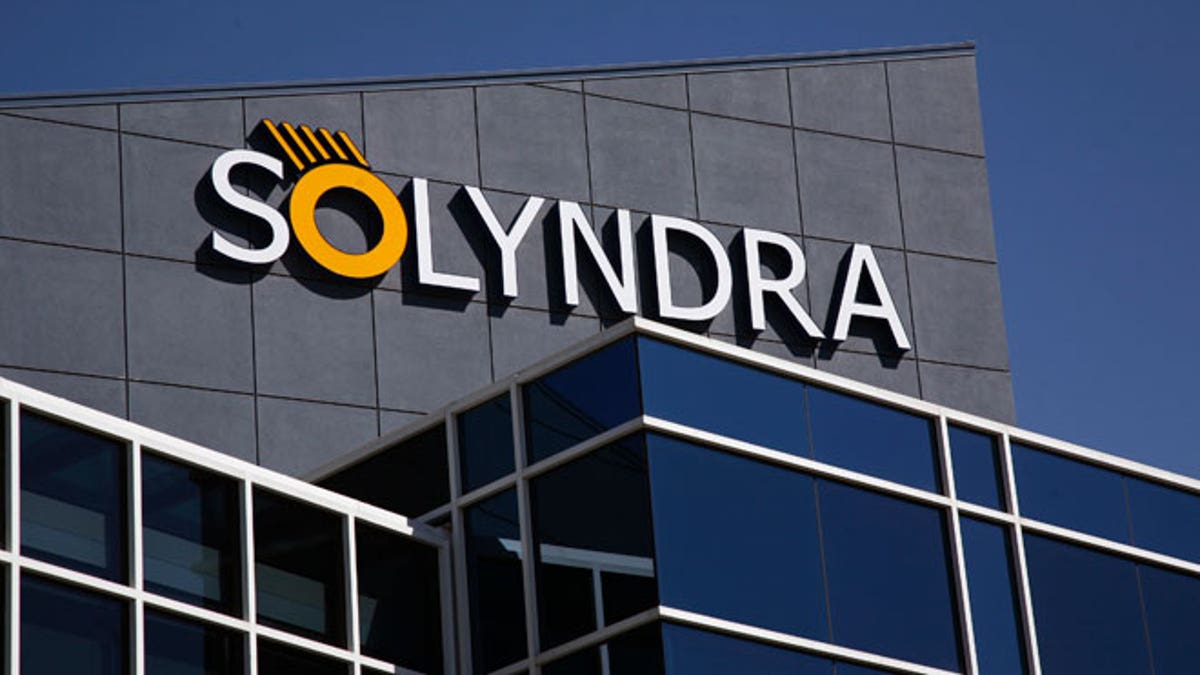
(Reuters)
The Senate highway bill being debated this week is a wreck of bad policy crashing into reckless spending. It requires a $12-billion bailout of the highway trust fund, it continues Davis-Bacon kickback's to union bosses that needlessly increase the cost of road construction, and it even includes a $45-million earmark for Harry Reid.
But it gets worse.
Hidden within the 1,500-plus page bill, is the massive expansion of an innocuous program called the Transportation Infrastructure Finance and Innovation Act (TIFIA).
TIFIA is a federal program created in 1996 that hands-out loans and loan guarantees to build private and public roads around the country.
If that type of program sounds familiar, it should.
From Fannie Mae & Freddie Mac to Solyndra, taxpayers have learned the hard way that loan guarantee programs aren’t a safe bet.
The Senate highway bill explodes TIFIA's funding by 820 percent, from $122 million to $1 billion, and giving the program the authority to loan $10 billion per year.
The bill also ends the programs merit-based decision making, transforming TIFIA into a first come first serve feeding trough, which will allow wasteful pork projects to be funded.
It seems that even though Congress enacted an earmark moratorium, big spenders have creatively gutted a program of spending restrictions and will use it to keep the pork flowing.
The Senate-inflated TIFIA program is also being advertised as a worthy public-private partnership. Under the Senate bill, TIFIA would pay 49 percent of the funds for a project leaving the remaining 51 percent for the "private" side of the partnership. However the new guidelines would also allow federal funds from grants and other government handouts to be used as the "private" matching funds, putting taxpayer on the hook for both sides of the deal.
This is the equivalent of GM and banks paying off its TARP bailout money with other government bailout money.
Already TIFIA projects are missing their revenue projections, San Diego's South Bay Expressway filed for bankruptcy 3 years after it opened at a cost of $79.5 million to taxpayers.
Like the Solyndra scandal that left taxpayers picking up the tab, the Senate bill eliminates provisions that ensures taxpayers get paid back first when projects enter bankruptcy.
The White House is already expecting projects to fail at a rate of 41 percent, budgeting 10 percent to cover losses from TIFIA. As Bloomberg News notes, TIFIA’s projected failure rate is similar to the “45.6 percent default rate estimated for the Energy Department program that backed Solyndra.” Compare those figures to the private market standard of 2.69 percent in loan losses. The White House knows that many of these programs will go belly up and taxpayers will be left holding the bag.
We're $15 trillion in debt. Our country don't need another big government program that wastes taxpayer money on construction projects that aren't properly vetted. The Senate should say "no" to sub-prime roads.
Jim DeMint is a U.S. Senator from South Carolina and chairman of the Senate Steering Committee.




















